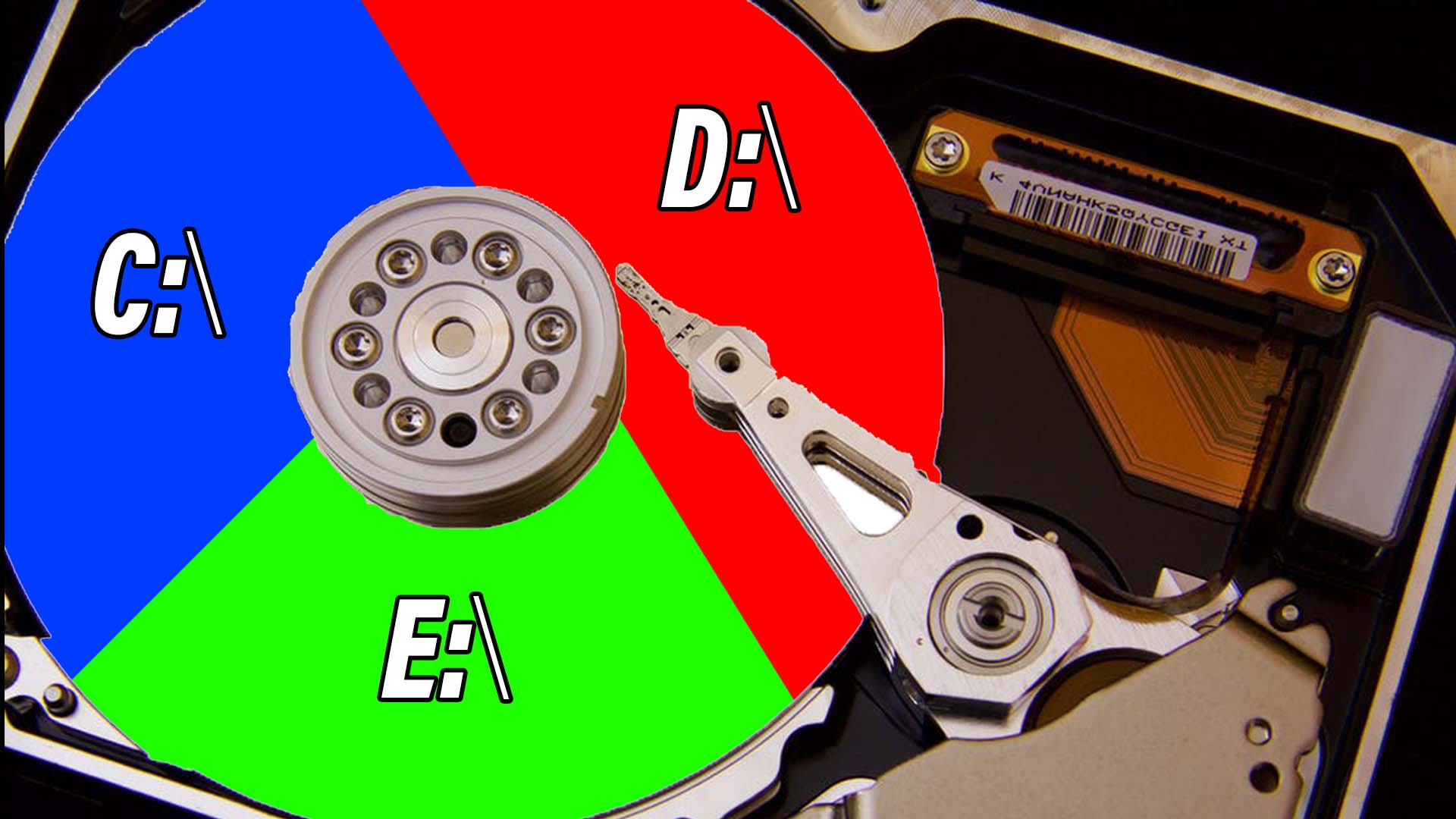As a rookie computer user, one has to know plenty of details before experimenting something new, something interesting otherwise that experience will turn into a nightmare. So in this article, we will discuss about what is Disk Partitioning? How does it work? & what are the advantages & disadvantages of using disk partitions? Not only the new users but also some experienced users are also unaware of disk partitions therefore, we have decided to explain this topic in this article.
Read More: SATA Vs PATA: Differences You Should Know!
Let’s Introduce You to Disk Partitioning!
Disk Partition is basically converting a single Hard Drive, SSD or other storage devices into several logical disks or volumes. Those logical disks are treated as physical disks by the Operating System of the computers which is why, in the file explorer, you notice various drives available despite of having only one storage device. Those different drives are not the different drives actually, rather they are the partitions under the same drive you’re using. Now, as we all know that every drive partition has their own drive letters assigned for them such as C Drive, E Drive etc. Without these assigned drive letters, the partitions will be hidden.
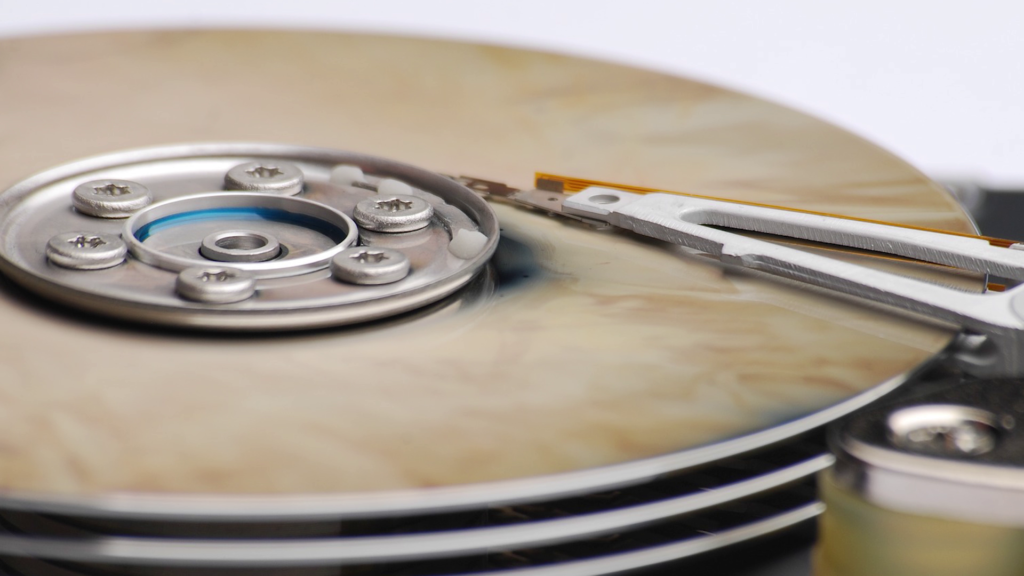
Read More: Is Safely Remove Hardware and Eject Media Necessary?
The thing that we should always keep in mind that is; volume & partition is not the same thing at all. When a partition becomes usable by being formatted by a particular file system, it is actually called a volume. In a single storage device, every partition stays as isolated & separate from one another. So, if you format one partition or unfortunately, the data of that partition gets somehow corrupted, the data in the other partition stay absolutely safe and secure. That’s why you may have noticed that most of the users create 2 partitions in a drive-in which the Windows is loaded in the first one & the other partition is loaded with the personal data. Therefore, if the Windows gets corrupted by any chance, all the data in other partitions will stay fully safe.
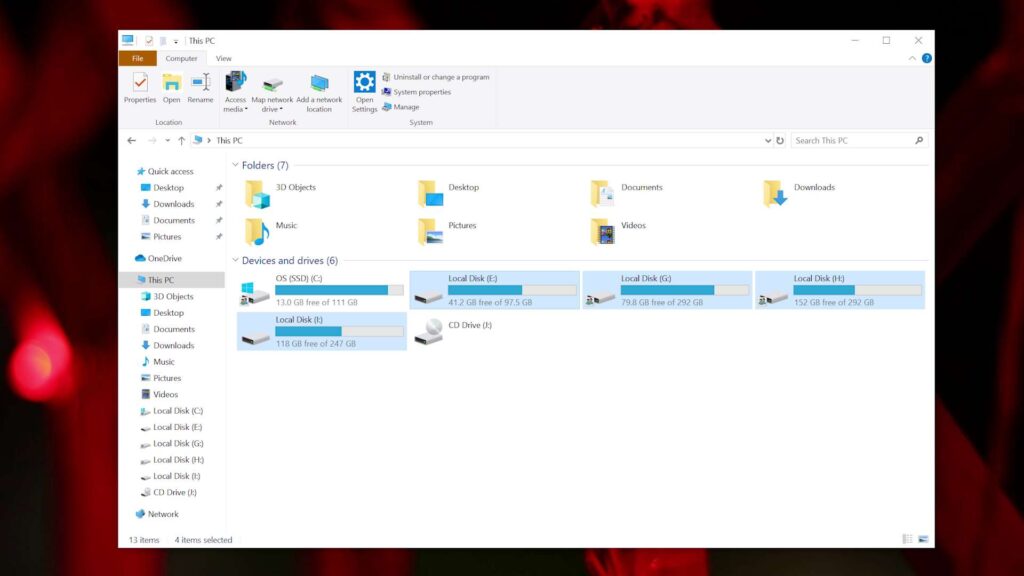
If you purchase a computer or a laptop direct from the company, there will be a partition named “Recovery Partition” which you cannot notice in your file explorer of the computer rather you have to open “Disk Management Tool” to see that partition. Moreover, a mere user cannot do any changes in that partition. This partition is only controlled by the manufacturer of the device.
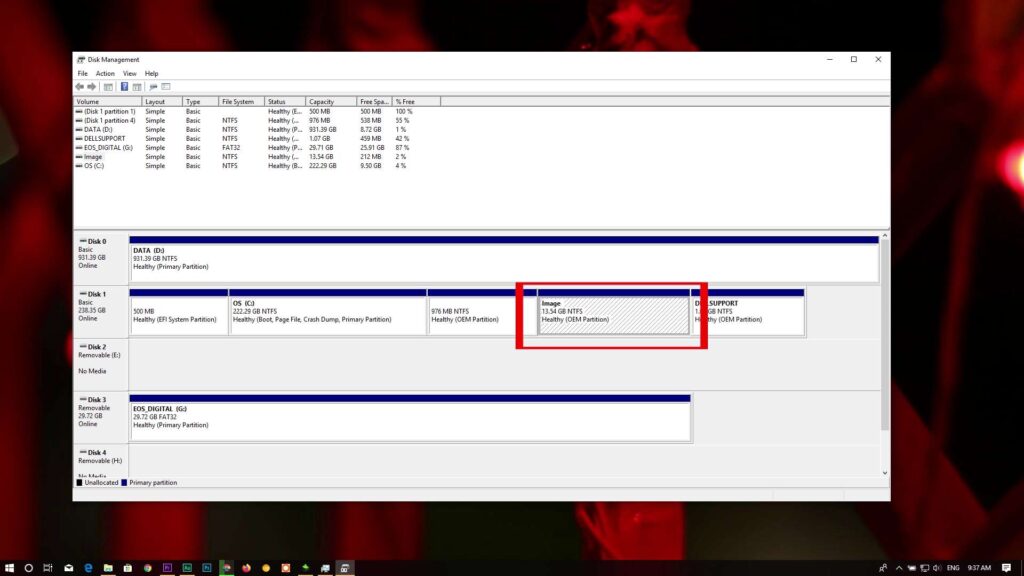
In a single storage device, one can generally create ‘Primary Partitions’ up to 4 but if the user wants to create more partitions then he/she has to create 3 ‘Primary Partitions’ with 1 extended partition in which more logical partitions can be created. In this way, one can easily create more than 4 partitions as per his/her requirements.
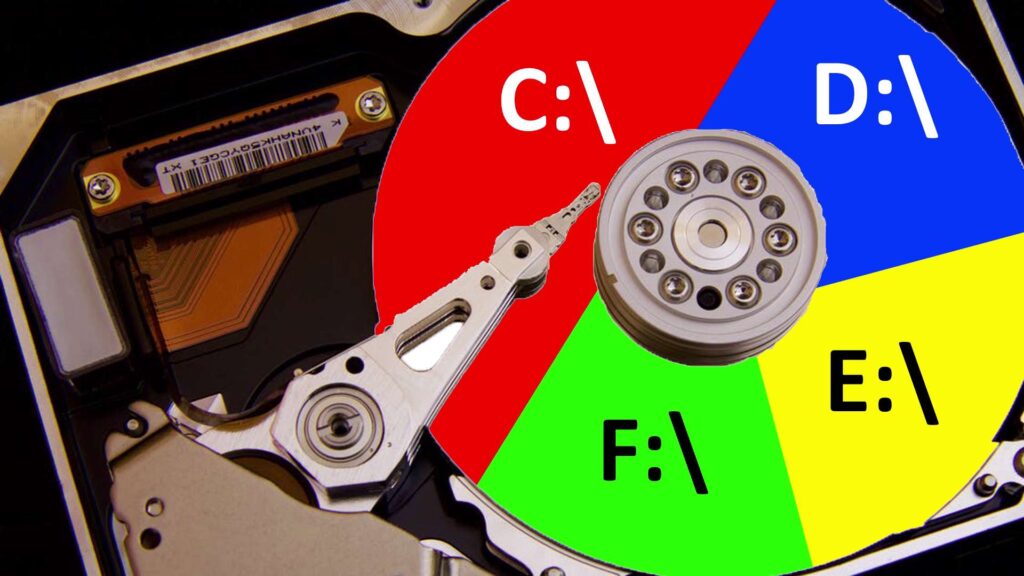
Advantages of Disk Partitioning
Less Chance of Data Corruption!
As we have earlier mentioned the fact that every disk partition is isolated from one another so if one of those partitions get corrupted, the others still remain totally safe. That means, when you create 2 partitions in which if one’s data gets corrupted, the other remains safe. Just like that, when you create 3 partitions in which if one’s data gets corrupted or somehow deleted, the rest of the data of other 2 partitions still remains safe & secure. So, one way or other, disk partition leads to more data security for sure. Without creating & using disk partitions, one may loss all of his/her data.
For Installing Multiple OS With Ease!
Jobber who works under programming or productivity sectors, sometimes needs multiple operating systems for better compatibility. So, they don’t need multiple storage device to download multiple operating systems rather they can easily download & store them in different disk partitions in a single storage device with ease. That means, one can easily store Windows in a partition drive, Linux in another & some other OS in another partition without facing any problem regarding it. So, this is kind of an unique advantage that you can get by creating disk partitions.

Using Multiple File Systems Is Obviously Possible!
This particular advantage is in my opinion, the best advantage of using disk partitions. If you want to use multiple file systems in different disk partitions then it’s obviously possible! For example, if you create 3 disk partitions in which the first one is formated with NTFS file system, the second partition is formated with exFAT file system & the third one is formated FAT32 file system. Now, if you use this method in your computer’s internal hard drive then there is almost no advantage but if you use this method in your external hard drive then you can get a amazing advantage. How? Let me tell you.
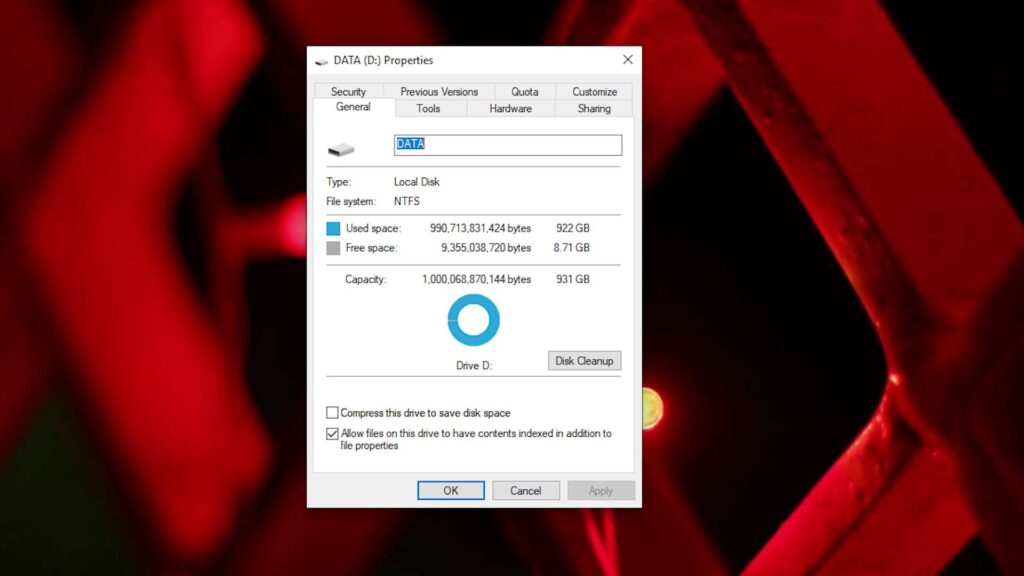
If you have an Apple’s Mac OS computer, you cannot use NTFS file system fully as we already know that we can read data in the drives under NTFS file system but we cannot write anything in those drives without any third party tool or software. This means, Mac don’t have the native support of NTFS file system. On the other hand, we can easily read & write data in the drives of NTFS & other file systems in a Windows computer. So, this is no doubt a huge benefit for the Windows users.
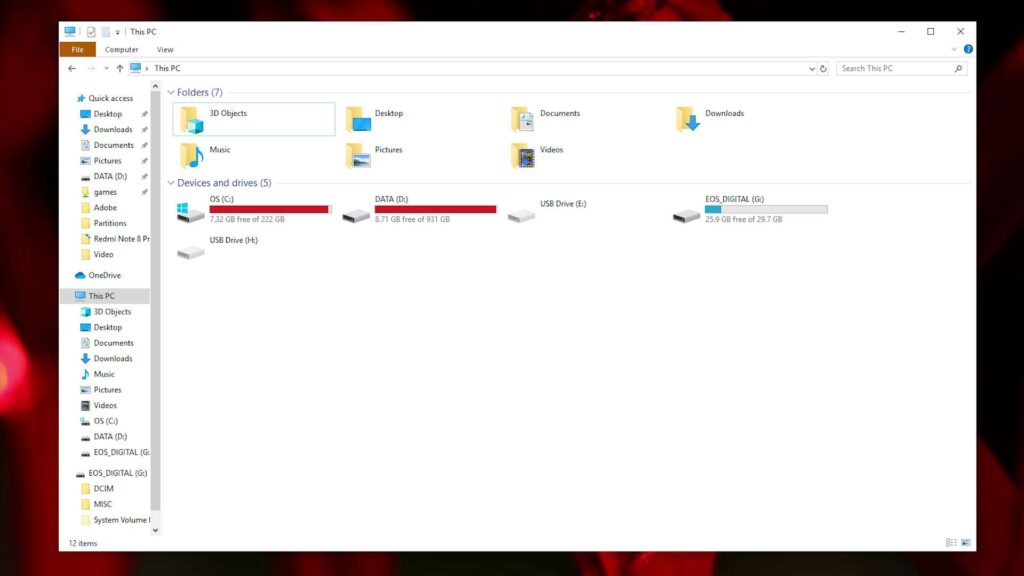
Read More: USB Vs FireWire: What are the differences?
Partition Comes Handy For Backup!
Disk partitions becomes very beneficial when you have to backup your data. Suppose, your storage device has three disk partitions in which the first one is stored with Windows, the second one is stored with all of your personal data & the third one is empty. Now, you can backup your Windows OS here so that if somehow the Windows get corrupted, you can use that backup file immediately. This is a pretty good benefit, isn’t it?
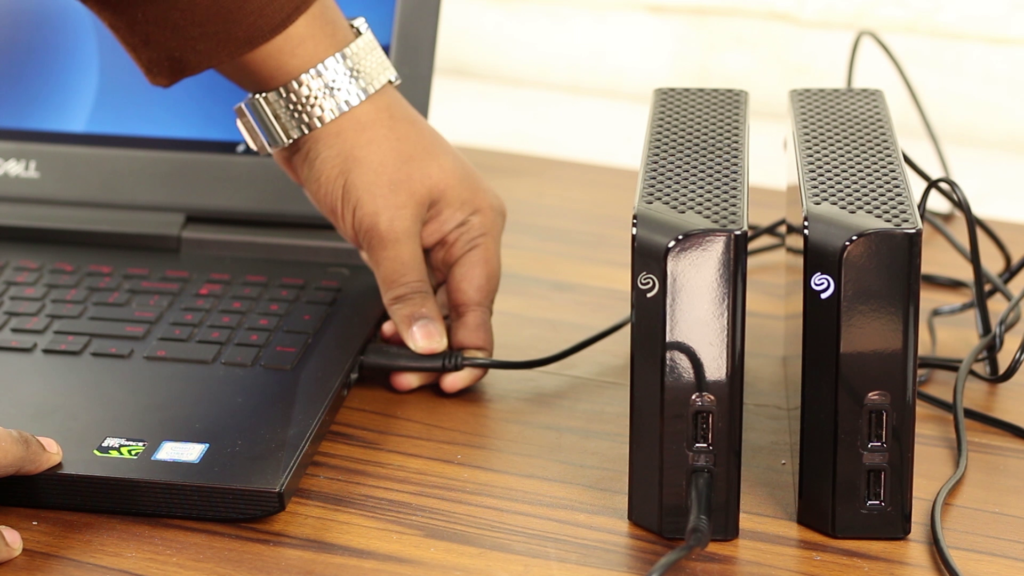
Disadvantages of Disk Partitioning
High Chances of Whole Data Loss!
Yes! You have read that heading correctly! Though it’s true that using different partitions can save you from your whole data but on the contrary, when the storage device or the hard drive becomes faulty or it’s lifespan ends then the whole data of all the partitions will be corrupted because at the end of the day, those disk partitions are only the different parts of a single storage device so its natural that when that storage device becomes faulty, all the data of its different partitions will definitely be destroyed. And, anyone who thinks of those partitions as different storage devices then he is in big jeopardy for sure.
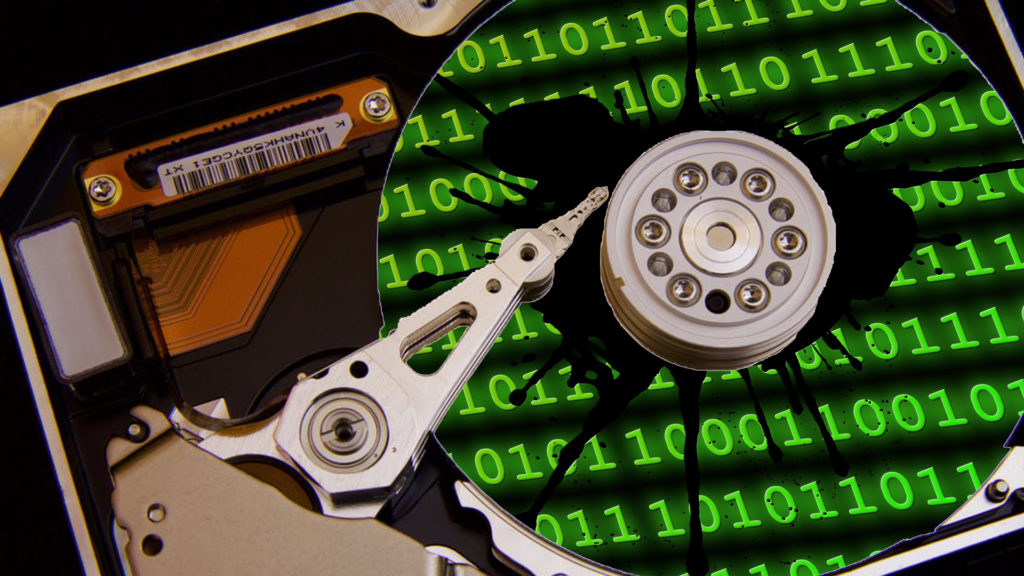
Complexity Regarding Using Partitions!
There are a few complexities that can occur during using or creating disk partitions. Most of the users store Windows in the first partition & other software are stored in the second one. Now the real complexity happens. When the user goes for uninstalling any of those installed software, Windows’s Add Or Remove Programmes cannot properly uninstall that software. In that case, the user has to go to the particular disk partition to manually delete the software from the storage. Now, if the user forgets to delete the software then naturally, the space on that partition will be wasted. This is indeed a disturbing problem of using disk partitions.
Read More: Hard Drive Failure Signs Before Its Death
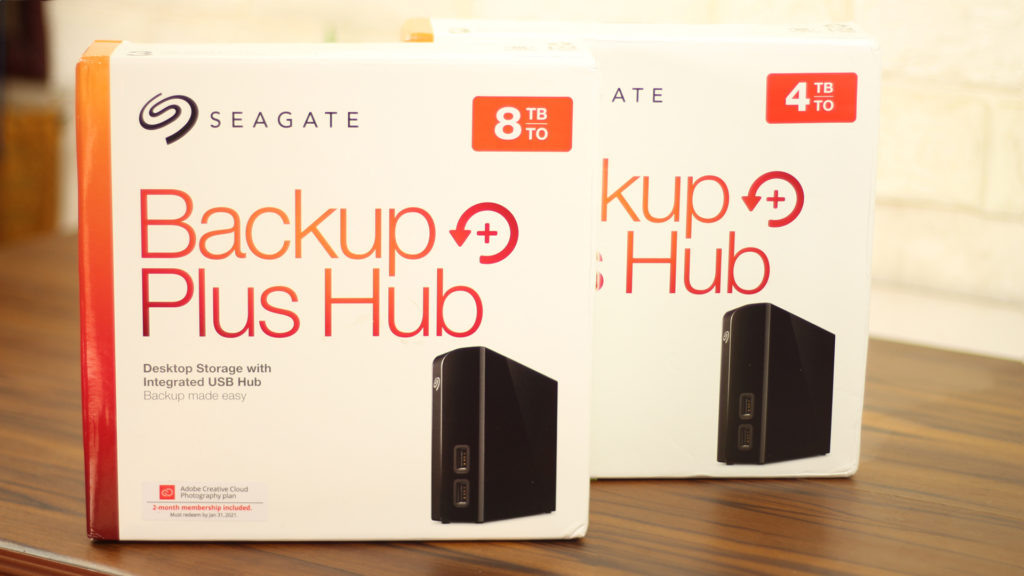
Also, a bunch of complexities occurs when a user creates backup files in a partition. Anyway, we always recommend you to purchase an SSD for installing your OS or if you cannot purchase an SSD then create 2 partitions in the Hard Drive where install the OS in the first one & store your entire personal data in the second one. This is the proper way of using disk partitions. You don’t need to create 5 or 6 partitions as they are worthless unless you plan to work with multiple OS.
Space Wastage
Suppose, you have a 1 TB hard drive in which you have created 6 different partitions. After storing the required data, one of them is almost full and it has 20 GB of space left. Now, you want to load a game that needs 25 GB of space. In that case, you cannot load that game file in that partition. Either you have to store other data to fill that 20 GB space or you have to move 5 GB of data from this partition to another so that you can load the game. But, on the contrary, if you don’t create partitions, there will be no problem regarding space & its wastage. You can store whatever you want without facing any low space problem. Although this is not such a big issue, some people still see this problem as troublesome.
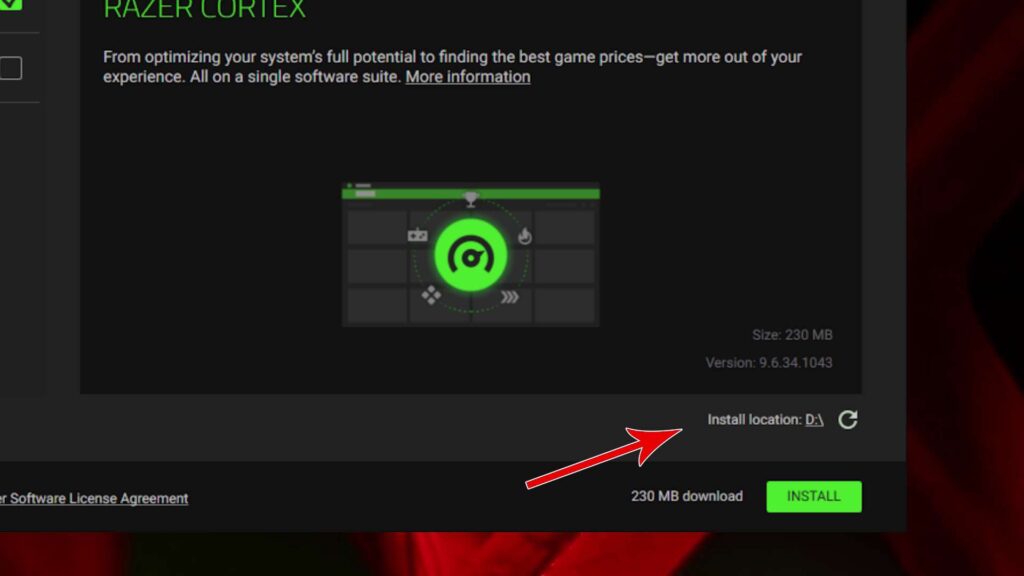
Read More: Do You Need a BIGGER Hard Drive Or Multiple Smaller One?
Therefore, we can tell one thing that is; disk partitioning is not a bad thing if you create it in a proper way & use it with intelligence. There is a terrible myth regarding disk partitions which is, disk partitioning can hinder the lifespan of the hard drives. This myth is just a stupid rumor and there is no scientific evidence of this. We can assure you that creating disk partitions can never hamper the life of the hard drive. Anyway, we hope you have understood this article properly and you have learned something new from this. If so then don’t hesitate to express your valuable thoughts in the comment section. Thanks for visiting & appreciating our work.

